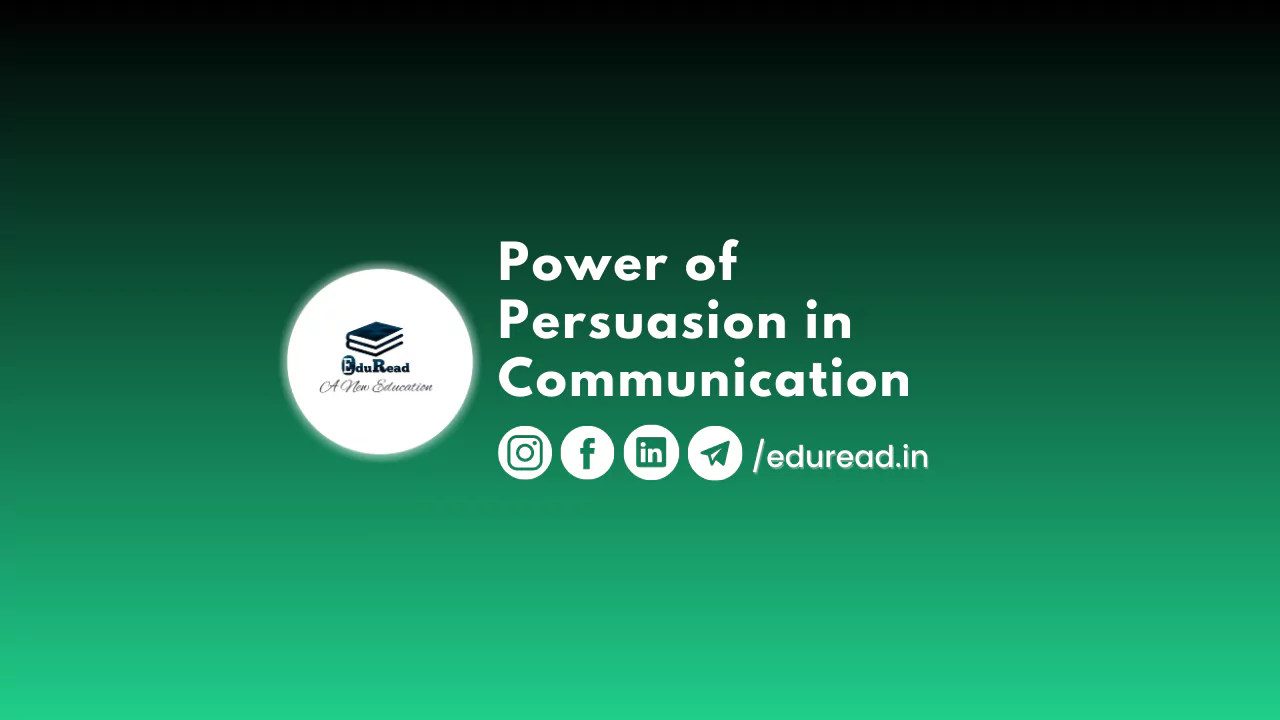Persuasion is a crucial aspect of effective communication. It is the ability to influence and convince others to adopt your point of view, take action, or change their behavior. It is a skill that can be learned and developed through practice and experience.
Effective persuasion involves understanding your audience, identifying their needs and motivations, and tailoring your message to them. It is not about forcing your opinion on others; rather, it is about building relationships and finding common ground. It requires empathy, listening skills, and the ability to communicate your ideas clearly and convincingly.
There are several techniques that can be used to increase the effectiveness of persuasion. These include the use of social proof, authority, scarcity, and reciprocity. Social proof involves using the actions and opinions of others to persuade your audience. Authority involves using the credibility and expertise of a trusted source to support your message. Scarcity involves highlighting the limited availability of a product or service to create a sense of urgency. Reciprocity involves offering something of value to your audience in exchange for their support.
What is Persuasion?
Persuasion is not just about the words you use; it also involves nonverbal communication. Body language, tone of voice, and facial expressions can all influence the effectiveness of your message. Maintaining eye contact, using confident body language, and speaking clearly and assertively can all enhance the persuasiveness of your communication.
One important aspect of persuasion is understanding the psychology behind decision-making. People are often driven by emotions, biases, and cognitive shortcuts when making decisions. Understanding these factors can help you craft a message that resonates with your audience and increases your chances of success.
In business, it is essential for success. Whether you are selling a product, negotiating a deal, or leading a team, the ability to persuade others is critical. Effective persuasion can help you build relationships, win new clients, and achieve your business goals.
In politics, persuasion is also essential. Political leaders use persuasion to mobilize support, gain votes, and achieve their policy objectives. However, it can also be used for nefarious purposes, such as spreading misinformation and promoting hate speech. It is important to use persuasion ethically and responsibly, with a focus on promoting the greater good.
Persuasion is also critical in personal relationships. Whether you are trying to resolve a conflict, convince a loved one to take a certain action, or simply communicate more effectively, the ability to persuade others can help you achieve your goals.
In conclusion, persuasion is a critical aspect of effective communication. It involves understanding your audience, identifying their needs and motivations, and crafting a message that resonates with them. Persuasion requires empathy, listening skills, and the ability to communicate your ideas clearly and convincingly. With practice and experience, anyone can become a skilled persuader and achieve their goals through the power of persuasion.
Follow Us for more such content to improve your speaking skills:
Check out this blog to get some tips to develop convincing speaking skills: https://eduread.in/10-tips-for-convincing-english-speaking-speak-new-york/
And visit us for more
